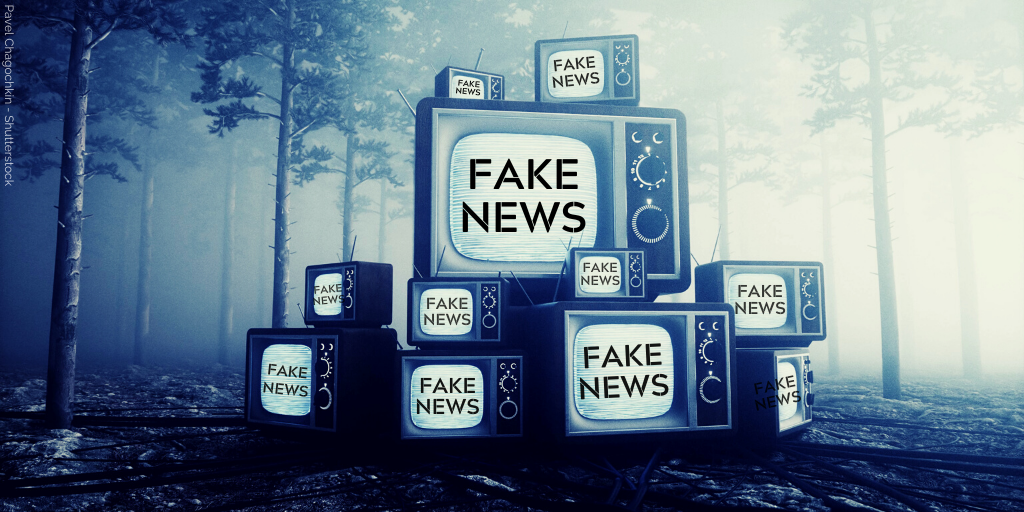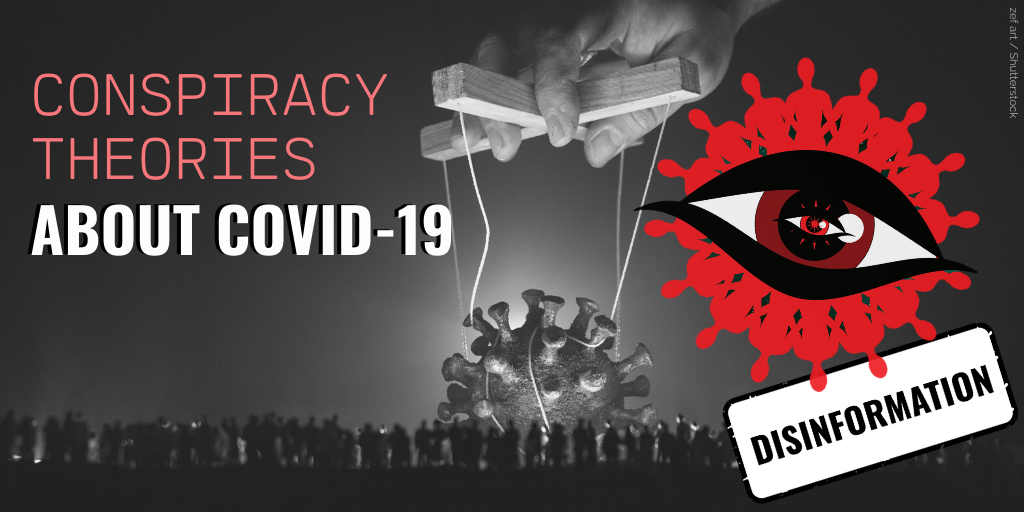Information warfare (IW), including specific forms of it like disinformation and deep fakes, has become a global fact of life and is being deployed globally for the pursuit of strategic advantage.
In all its forms, not just the two manifestations cited above, the purpose of IW is to unhinge or derange the audience’s perception of reality and thus its mooring to objective facts and truth. Moreover, despite the strong US focus on Russian IW due to what transpired in the 2016 elections and subsequent Russian efforts in 2018, IW, in any and all its forms, is available to and has been employed regularly by numerous states and private or corporate actors. Likewise, not only governments or public institutions have been the targets of IW but also private or state corporations like Sony, Aramco, banks, i.e. in Russia’s attack on Estonia in 2007, Silk Way West Airlines, the US electrical grid and its numerous utilities, etc.
Thus Russia, China, North Korea, Iran have not only utilized IW for years (in Moscow’s case at least since 1917 and in China’s case since 1949 abroad if not previously in China) even before the advent of information technology and social media. Russia has even outlined in extensive writings what amounts to a comprehensive set of theories about the use and utility of IW in contemporary politics. And China hardly lags behind in that respect and certainly not in its own idiosyncratic use of IW.The purpose of IW is to unhinge or derange the audience’s perception of reality and thus its mooring to objective facts and truth.
In addition, the ubiquity and constancy of IW are likely to increase as the technology involved in deploying IW becomes more easily available globally.
This concern is particularly important in regard to the phenomenon of deepfakes. We now have the technology to undermine the entire concept of factuality, i.e. objective truth, by rearranging personages and events to suit any “producer’s” taste and to obtain thereby a decisive (or at least intended to be decisive) impression upon the minds of “consumers” of that information whether they be individuals or collective entities and even whole societies.
Example of producing a deepfake video
This can become an utterly disruptive mechanism for disputing memories of events and any attempt to establish historical truth. Or it can also be used to enhance or destroy an individual or institution’s reputation and even their perceived social reality. For example, airbrushing (a kind of precursor to deep fakes) was already used in the Soviet Union to erase leading figures from the history of the Russian Revolution and this effort can now be replicated on a much grander scale.
But again, these techniques that seek to exploit racial, ethnic, class, or other social tensions in targeted communities apply not solely to attacks on governments or on societies. As noted above,
Indeed, these attacks on corporate entities are often not reported widely enough to make a public ripple or are not taken seriously enough to be seen major potential threats not only to the corporation but to the society as a whole. And the purposes behind those attacks also vary widely.
Thus North Korea attacked Sony not only to force it to remove movie satirizing Kim Jong Un from circulation but also to show Sony, and by implication other vendors and firms, that it had the power to inflict irreparable harm upon them unless they complied with the demand not only to take down such pictures but never to produce new ones like it.

We may also speculate here that if the capacity for manufacturing deep fakes was available then (in 2014) North Korea could have removed Kim Jong Un from the movie and substituted some other figure against whom it wanted to direct attacks at that time. Then the impact could have been even stronger and more diffused than merely an attack on Sony and implicitly on other producers because it could also be used to assert and conjure up a whole new realm of facts about somebody else or some other country.
The advent of deep fakes also could be used in other examples of the corporate attacks discussed here. In all cases, the clear purpose of the attacks on Estonian socio-economic-political institutions, Aramco, Sony, SilkWay West Airlines, and the attacks on US electrical utilities and the grid has been to show the target that we, the attackers, have the power to inflict grievous harm upon you and you had, therefore, better comply with our wishes or risk further punishment.
In other words, cyber, as we already know from other cases, can be used for purposes of blackmail. Deepfakes, by intensifying the depiction of an alternative or even a simulated reality can also be used to extort millions of dollars form a corporation or convert it into an agency that is, in fact, directed by alien or hostile forces to undermine targeted society.
We have already seen this in films. For example, the 2001 remake of the movie Ocean’s Eleven features a gang of criminals successfully robbing a casino of millions of dollars by effectively simulating the successful takeover and robbery of a seemingly impregnable vault. To the degree that Deepfakes and the other manifestations of IW develop further, it would not be difficult to imagine and probably not an insuperable task to re-enact analogous kinds of attacks against major corporate entities.
Thus old-fashioned crimes like extortion, blackmail, or corporate raiding can be given new leases on life by using these innovative technologies and tactics for nefarious criminal or political purposes. Aramco and Sony were both targeted to show that they could be taken down by a hostile power and therefore that they should be deterred from striking not only at its interests but also at its “perceived” interests. The Russian attacks on the US electric grid go even farther.
Obviously, they aim to inform the target that we can strike you with impunity; therefore, desist from provoking us or striking at our interests or targets. They are, however, in addition, clear reconnaissance missions or what Russia calls intelligence by missions by battle (Razvedka Boem) aiming to probe vulnerabilities of the grid and of cyber defenses in general.
Thus it is clear that even private targets can be attacked for not only commercial but also state purposes and can even be forced into acting as a kind of fifth column or enemy vanguard, or as something like a “sleeper or agent of” influence,” in targeted countries. And any party utilizing IW in one or another of its many guises can wield this instrument through the means of disinformation or deep fakes.

The case of SilkWay West airlines epitomizes this possibility for using these instruments of IW for simultaneous achievement of both commercial and political gain. This airline is a cargo trafficking firm, headquartered in Frankfurt and Baku that transports non-lethal cargoes for governments, including those of the US and Azerbaijan among others, and the UN.
Beginning in 2017 it came under information attack by a known Russian troll who published information referencing other discredited Russian sources claiming that the company was ferrying weapons to terrorists all over the Middle East and Africa on behalf of the US government and the CIA. Immediately other Russian trolls and state-linked fronts that disseminate pro-Russian information started quoting all this fake news and disseminating it, aiming to blacken the name of the SilkWay West corporation in the cargo business and among its potential clients, i.e. governments and the UN. Typically the original information and purveyors of this fake news and disinformation were traced back to Russian and Armenian sources. Since then these attacks have continued intermittently and raised difficulties for the airline in renewing contracts and in raising capital on bond markets.
We can understand the Armenian animus against a corporation headquartered in part in Baku even though it has no ties whatsoever to the
Aliyev government. But why is Russia intervening here? The nexus of commercial and political gain through such disinformation helps explain this.
First, this is another way of inserting the hoary Soviet line about the CIA supporting Islamic and other terrorists into legitimate international political discourse with the aim of discrediting the CIA and US government, particularly in Europe and the Third World.
Second, to the extent that such attacks can turn governments and other potential consumers of this airline’s services against the attackers can then deprive the US, other governments or establishments, and even the UN of the means of carrying out their missions. In theaters like Africa where a key mission the US government, private relief agencies, and US Africa Command is to provide support to local governments and communities depriving those organizations of the means to move cargoes and secure logistical requirements cripples governmental and other institutions of the means to carry out their missions be they military, humanitarian, or commercial. And then, that failure can be played to the political advantage of anti-American, e.g. Russia, or other actors who can then use that fact for more disinformation about the refusal and/or inability of the US to fulfill its self-proclaimed missions abroad. The same kinds of tactics can, of course, be utilized in other areas like the Middle East for similar purposes.
The commercial gains for Russian sources are also worthy of comment. Some of the original defamatory attacks on SilkWay West have been traced not only to Russian sources but to links connected with the state-affiliated Russian cargo transporter Volgadnepr. To the extent that rivals like SilkWay West encounter difficulties raising needed capital or lose contracts their market share diminishes and their competitive position is weakened.
At the same time, the fact that they have had to vacate certain markets opens up lucrative possibilities for Volgadnepr who operates with the full support of Putin’s government. As its market share increases not only can Volgadnepr drive out competitors like SilkWay West, it can also then become an arm of the Russian government, just like the “private military companies” that Russia is now spawning that can and will be used for missions, including “black missions” (as was the case with the airline company of Viktor Bout, a GRU alumnus) that serve Russian geopolitical and commercial interests.
And the likely future proliferation of deep fakes that can manufacture video or audio “evidence” of supposedly nefarious activities by the corporations listed here or others only enhances the potential threat to corporations as well as socio-political institutions from any conceivable attacker; private, corporate, or governmental.
Thus any sound analysis of IW, including disinformation, deep fakes, etc. must grasp the universal range of targets or attackers and the mélange of motives available to and that drive the actors who implement such attacks and the fact that to a large degree they not only efface the distinction between truth and falsehood, they also obliterate the distinction between peace and war. It is not only governments that are attacking and under attack it is also the private sector as well. And the sooner private corporations and experts awake to the possibilities stemming from these possibilities and the need to defend against those types of attacks the sooner we can restrict the threats stemming from the globalization of IW.

Read also:






